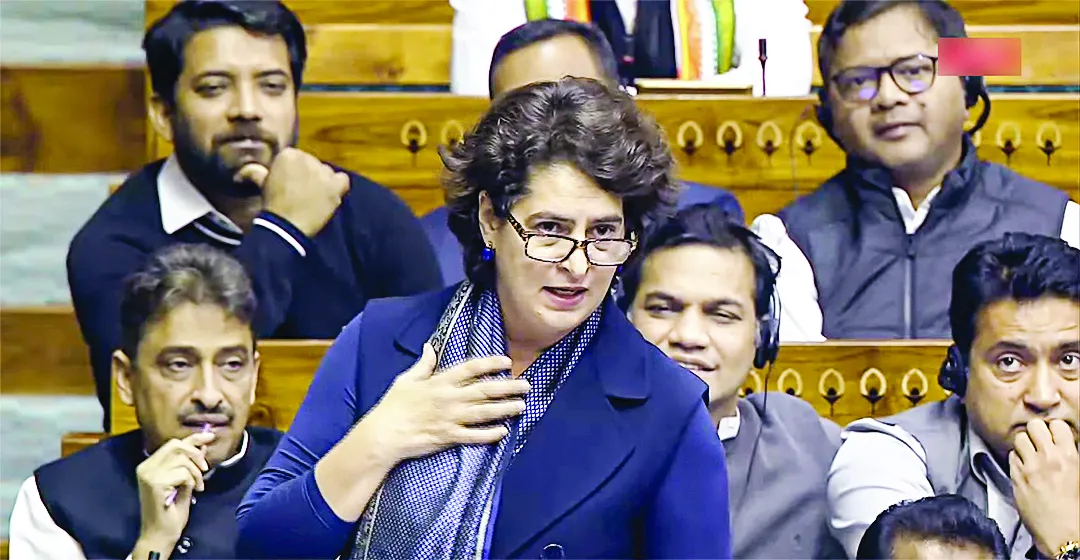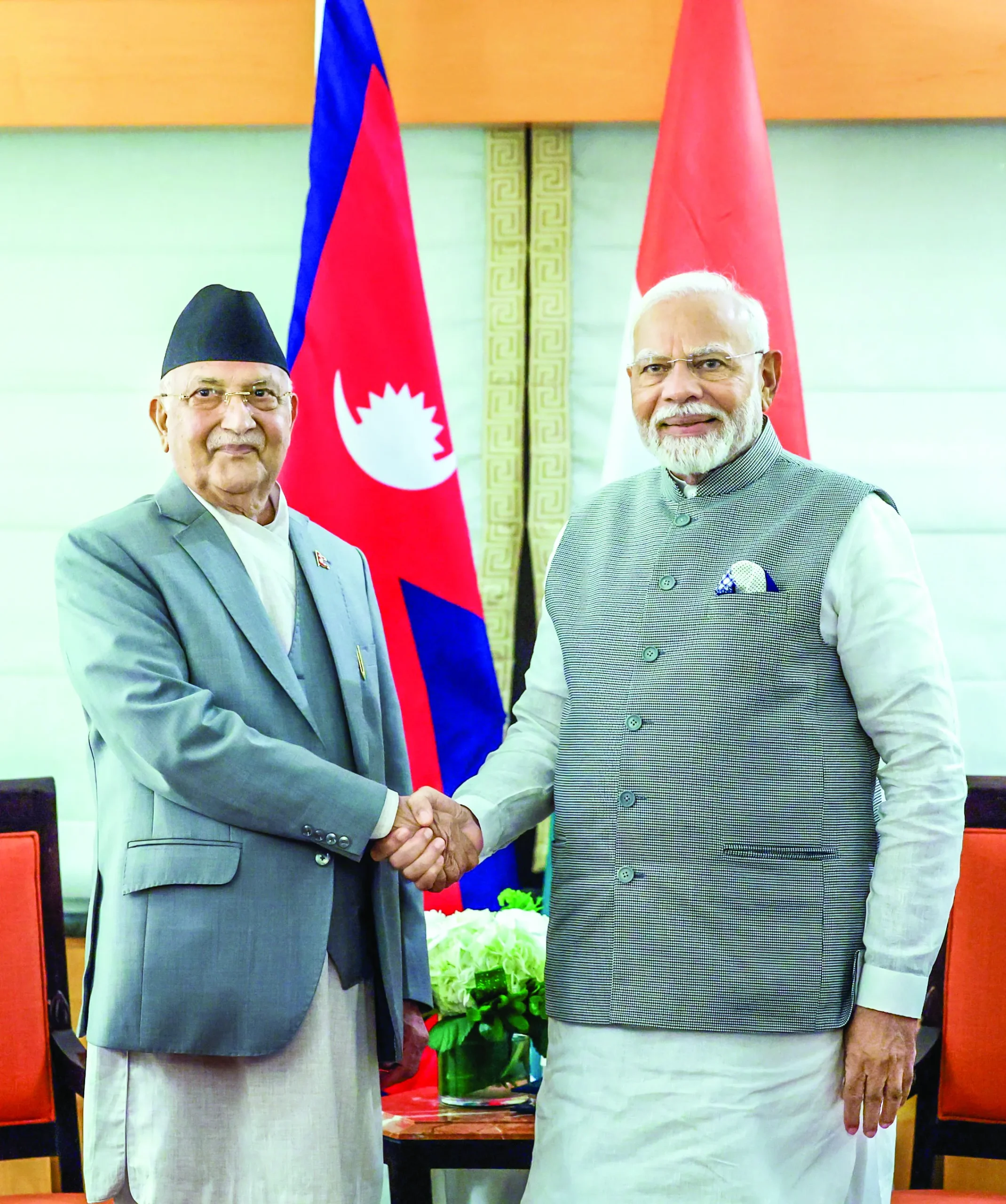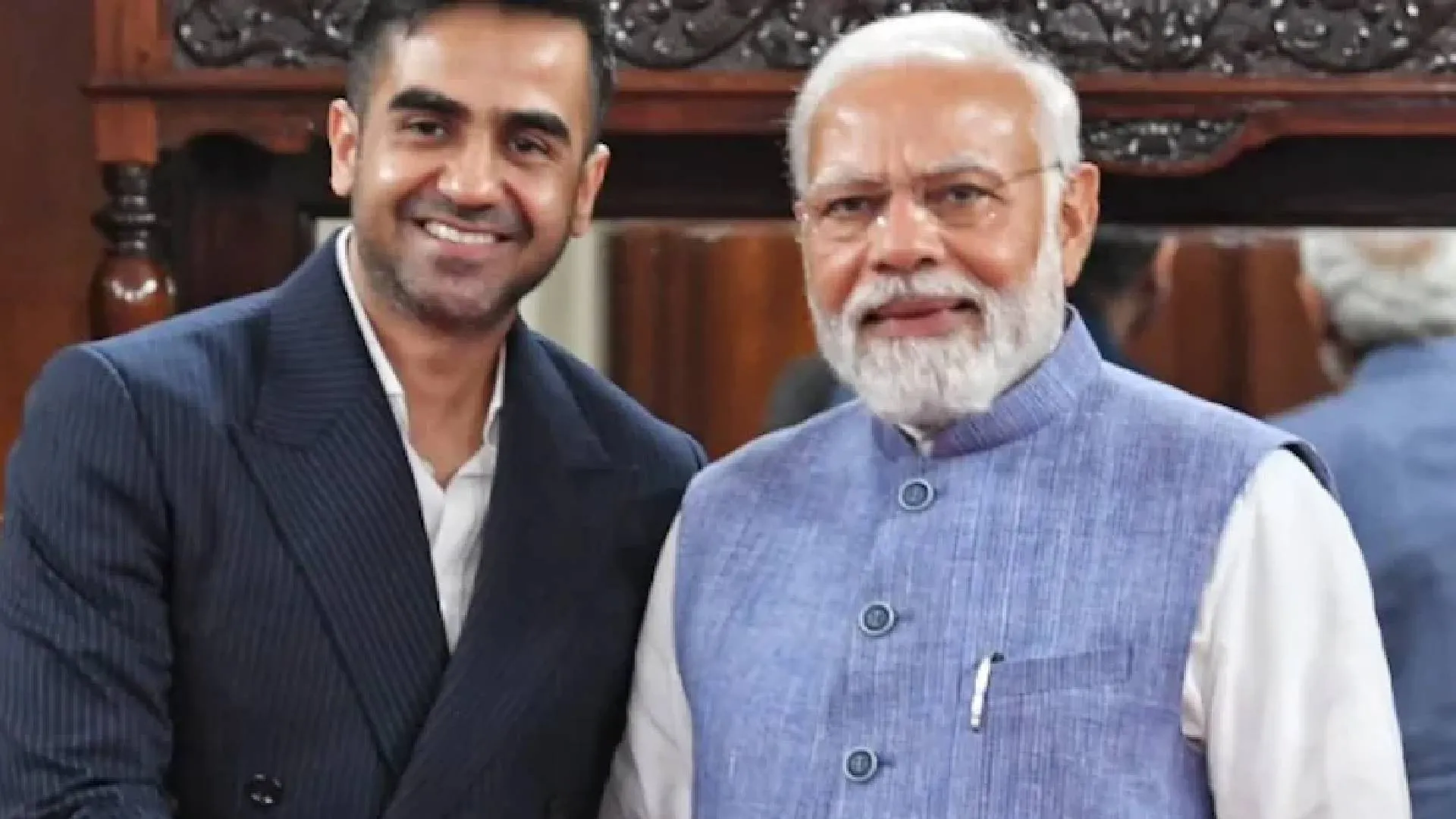DR. A.P.J. KALAM always maintained that self-reliance in the defence sector would make India a developed country. INDIA’S DEFENCE ECOSYSTEM has witnessed an unprecedented metamorphosis in several significant areas in recent years. Defence indigenization, domestic capital procurement and defence exports have been expedited by key institutional and policy changes.
50 per cent indigenous content (IC) in procurement contracts has been recommended by The Defence Acquisition Procedure (DAP)2020. A new procurement category – Buy (Global-Manufacture in India) – has been initiated to galvanize foreign original equipment manufacturers (OEMs) to establish maintenance and manufacturing facilities in India. Ab initio indigenization of spare parts will be enabled by this. Several “Positive Indigenisation Lists” incorporating items that must be bought only from domestic markets has been released by The Union Ministry of Defence (MoD). This list mentions nearly 5,000 items currently imported by the Defence Public Sector Units (DPSUs) and the three Services.
The risks because of disruption or manipulation of critical supply chains( the kind of threats that have constrained Ukraine in its conflict with Russia )would be assuaged by the goals of Atmanirbhar Bharat (self-reliant India) and Make in India.
There has been commendable progress in building naval platforms. The INS Vikrant aircraft carrier is the largest warship built in India’s maritime history. It is activating innovative technological capabalities across the Indian industry, including SMEs and MSMEs. Project 17A frigates has been launched by the Indian Navy’s Warship Design Bureau. The INS Vindhyagiri launched in August 2023 is the latest paradigm of this. The defence ministry is putting an equal emphasis on missiles, multi-barrel rocket launchers and tanks, long-range artillery guns, besides advanced radars, sensors and electronic capabilities.
The govt. launched The Srijan Indigenization Portal in August 2020. Over 34,000 imported items have been uploaded on the portal. The domestic market is indigenizing nearly a third of them.
A holistic review of the functioning of the Defence Research and Development Organisation (DRDO) is undertaken by the committee constituted by the govt. The agency’s guiding principle is building “fit to purpose” domestic capabilities in defence R&D and innovation, commensurate with the challenges of the 21st century.
Two defence industrial corridors have been set up in Tamil Nadu and Uttar Pradesh, alluring investments worth Rs 7,000 crore. The government has concluded MoUs for a cumulative potential investments worth over Rs. 20,000 crore. SAAB, The Swedish arms major, heralded the first 100 per cent FDI project to manufacture the Carl Gustav M4 rocket system in November 2023.
The Centre has earmarked a substantial portion of the defence capital procurement budget for the domestic defence industry. Since 2020-21, the capital acquisition budget for domestic procurement has enhanced from around 40 per of the total capital procurement budget (Rs. 52,000 crore) to 75 per cent (Rs. 99,223 crore) in 2023-24. 25 per cent of this domestic capital procurement budget has been allotted for purchases from the private sector since 2022-23,.
The expenditure of India’s defence production crossed the 1,00,000 crore mark for the first time in financial year 2022-23 to amount to Rs 1,08,684 crore because of these initiatives. Defence Public Sector Undertakings accounted for nearly 75 per cent of this.
Significantly, private sector companies accounted for about 20 per cent of the total with joint ventures which is tantamount to Rs 21,083 crore. India has set a defence production target of Rs. 1,35,000 crore for 2023-24 and India expects the worth of its defence production to reach Rs 1,75,000 crore by 2025.
The Innovations for Defence Excellence (iDEX) initiative, launched in 2018, aspires to incorporate R&D institutes, academia, industry, including MSMEs, start- ups, and individual innovators.
To aid start-ups with grants-in-aid up to Rs 10 crore to enable the development of high-end solutions The IDEX Prime framework under IDEX was instituted in 2022. Financing under the Technology Development Fund (TDF) scheme has been enhanced from Rs 10 crore to Rs 50 crore per project. The Dare to Dream Innovation contest to aid start-ups and innovation has been launched by The DRDO. One-fourth of the defence R&D budget in 2023-24 has also been allotted for private industry and academia.
PM Modi’s consistent endeavour to devise policies that provide equal career opportunities to women in the armed forces is equally path-breaking. This will enable the forces in exploiting a huge resource of latent talent.
The government’s Nari Shakti initiative has a great contribution in the transmutation of the nation, especially the armed forces. Sainik Schools, grassroots institutions for recruitment in the armed forces, are no longer a male bastion. The National Defence Academy welcomes women with open arms. The number of women officers has witnessed a meteoric rise in recent years.
India was ranked among the top 25 arms exporters (at 23rd position) for the first time by the Stockholm International Peace Research Institute (SIPRI) in 2019. India aspires to sell defence items worth Rs 35,000 crore by 2025.
The accomplishment of a Viksit Bharat (developed India) goal by 2047 hinges on to what magnitude the defence sector is resilient and self-reliant. The metamorphosis underway in the defence industrial complex has paved the way for multiple stakeholders to assemble and promote innovation in domestic technology while bolstering strategic partnerships around the world. India will become an indispensable part of the global defence market in decades to come.
Dr. Ravi Prakash Tiwari is the author of ‘Pun is Fun’.























